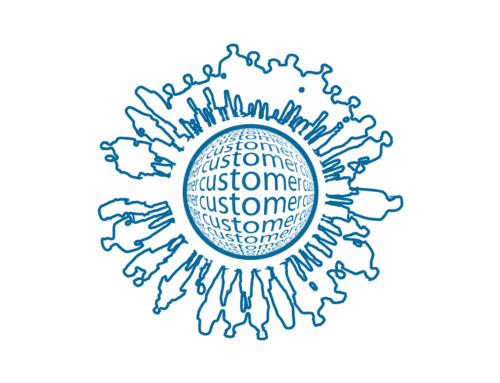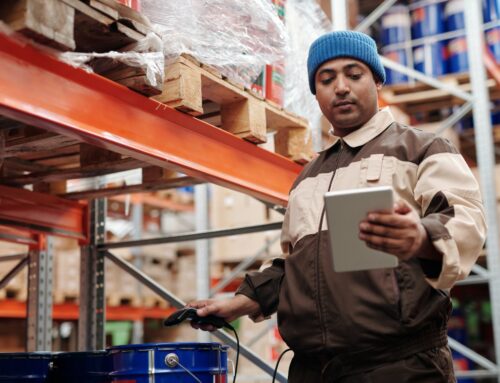
Inward processing allows the importation of raw materials under suspension of the payment of duty and VAT and without the application of commercial policy measures. After processing, the processed product will either be re-exported or released for consumption in the European Union.
The purpose of the inward processing arrangements is to increase processing activity within the Union and thus to develop EU businesses by specialising and enhancing the value of businesses and increasing employment.
Characteristics and modalities of use:
Under inward processing it is possible to carry out the following work: repairing, assembling, processing and usual manipulations.
In order to use the inward processing procedure, it is necessary to apply for an authorisation from the competent customs office where the applicant’s accounts for customs purposes are kept and where at least part of the activities related to the procedure (processing, bonding and discharge) are carried out, in application of Art. 22 EU Reg. no. 952/2013.
The application for an inward processing authorisation must be submitted using the Customs Decision System (CDS). This EU system allows applications to be submitted and authorisations to be issued by customs offices in a computerised manner.
The authorisation is issued if it is possible to identify the raw materials in the processed goods (identity), i.e. to ascertain that the final good has been obtained from the temporarily imported goods.
In inward processing it is possible to use equivalent goods, i.e. EU goods instead of the temporarily imported third goods to obtain the processed product. Union goods must have the same eight-digit CN code, the same commercial quality and the same technical characteristics as the third goods they replace.
Equivalent goods are often used in inward processing in conjunction with prior exportation. This procedure allows the processed product obtained with the Union goods to be exported before the third-country raw materials are placed under the inward-processing procedure. The raw materials from the third country will then be imported free of customs duties (importation at make-up).
The equivalence system associated with the advance export procedure allows operators considerable flexibility in the management of stocks and thus ensures continuity of production and timely delivery of goods to the international market.
Inward processing is normally used to produce goods for re-export to a third country. However, the operator may decide to import the products obtained from the processing, in which case at the time of importation the taxation proper to such goods will be applied (duty and VAT foreseen for the CN code of the product obtained) in application of Art. 85 of EU Reg. 952/2013.
If the raw materials to be processed under the inward processing procedure are goods subject to agricultural or commercial policy measures and the operator intends to import the processed products by applying the taxation proper to such products (art. 85 mentioned above), it is necessary to carry out the prior examination of the economic conditions in the Union in order to verify whether the requested operation could prejudice the interests of the Union producers of the same raw materials.
In the event that the operator, while using the above-mentioned sensitive goods in the inward processing operations, chooses to apply taxation on raw materials (Art. 86 EU Reg. 952/2013) instead of taxation on processed products, the examination of the economic conditions need not be carried out.
The taxation on raw materials (Art. 86 EU Reg. 952/2013) will have to be compulsorily applied in case of use of goods subject to anti-dumping duty.
Reference legislation:
Art. 211-225 and Art. 256-258 EU Reg. 952/2013 (Union Customs Code)
Articles 240-241 EU Reg. 2446/2015 (Delegated Regulation)
National provisions and regulatory practice documents:
Other services




